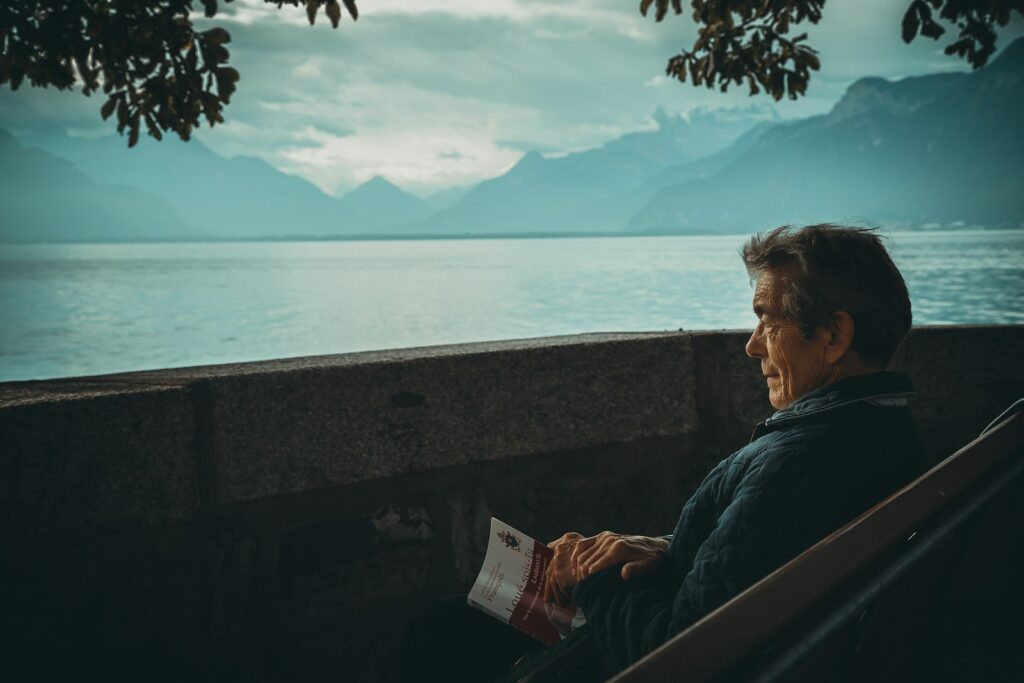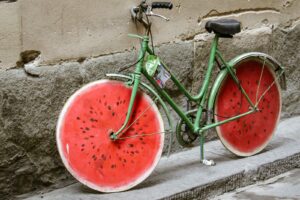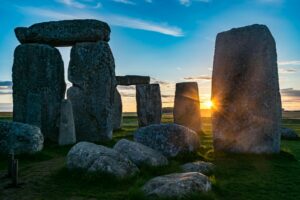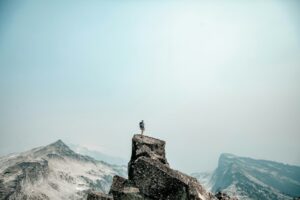Explore More
The paradox of success: Get better at doing nothing

Have you ever paused at the end of an exhausting day and questioned, “What if the secret to success was in doing nothing?” Imagine closing your eyes and allowing the silence to embrace you, free of the restless pursuit of efficiency, productivity, and constant busyness that seems to dominate our lives. Would that offer relief? If your heart says yes, you might find solace in the Dutch wellness trend called Niksen.
Abundance of stress and scarcity of calm is what seems to define our contemporary life. Modern living binds us to the ceaseless clock of performing, achieving, and succeeding, leaving little space for tranquillity. The beneficial aspects of stress, like heightened focus and performance, get eclipsed when it becomes excessive and uncontrollable.
Dutch psychologist Bernet Elzinga from Leiden University describes Niksen as an invitation to connect with your default mode network, the part of your brain responsible for mind-wandering and reflection. The Dutch, famous for their efficiency despite a less stress-driven work ethic, seem to employ Niksen as a tool for mindfulness and balance. Rooted in their egalitarian culture, they found wisdom in an honestly simple approach to life: “just be normal, that’s already crazy enough.”
The proposition of Niksen offers a delicious paradox. In a global community where busyness is celebrated as a badge of honour, doing nothing might appear counterproductive. However, Elzinga suggests otherwise. Engaging in Niksen, doing nothing or at least as little as possible, allows you more time to simply be. This dexterity in effortlessly finding balance isn’t limited by age or commitments. It can be useful to everyone, from the older generations grappling with free time to the younger ones struggling with an unparalleled level of stress. Young or old, stress doesn’t discriminate, and hence the need for Niksen becomes universal.
Niksen isn’t a recent invention, nor is it unique. Since ancient times, cultures worldwide have appreciated doing nothing as a mindful approach to relaxation and self-care. It is about creating mental space, letting your thoughts wander, and inviting self-reflection. By surrendering your mind to this gentle pause, you might discover an enhanced focus, refreshed creativity, and a balanced work-life rhythm.
Let’s travel back in time to ancient China, where a similar concept has been long revered – Wu Wei. In his recent publication, The Art of Doing Nothing: The No-Guilt Practical Burnout Recovery System for Busy Professionals, Chandler Kitching delves into this Chinese wisdom. Wu Wei, deeply rooted in Daoist philosophy, is the art of doing nothing yet harnessing a natural, spontaneous flow of action.
The Dao De Jing reflects the aphorism “The world is won by those who let it go.” Here lies the essence of Wu Wei. Its approach doesn’t recommend complete non-action, but instead a minimalistic, effortless action that’s harmonious with the cosmos. Think of it like water, a force to reckon with, yet choosing the path of least resistance. Such wisdom finds expression in traditional Chinese arts like calligraphy and martial arts—masters exhibit their skill not through strained effort but elegant spontaneity and grace.
To an action-oriented Western mind, the idea of doing nothing to achieve more may feel conflicting and counterintuitive. Tao and Wu Wei challenge this preconceived notion, suggesting that the key to harmony and balance might reside in less rather than more. It nudges you to reconsider if the relentless chase for control is indeed necessary and whether easing into life’s natural rhythm could lead you to peace and competence.
The world of work, as we know, is experiencing a ‘Great Resignation’ wave or, some say, a ‘quitting job pandemic’. According to a Microsoft survey, 41% of the global workforce was contemplating leaving their current employers in 2021. The trend hasn’t faded in 2024 but seems to have gained momentum. Amidst the uproar of people questioning the meaning and purpose of labour, Niksen and Wu Wei echo an ancient wisdom – perhaps sometimes doing nothing is the most profound action. If this resonates with you, remember, to simply be is not just a comforting idea, but a nourishing practice that you can start, right now.
Do you want to share your story and inspire our readers ? Know that YOUR EXPERTISE is paving the way for a brighter, happier future.



